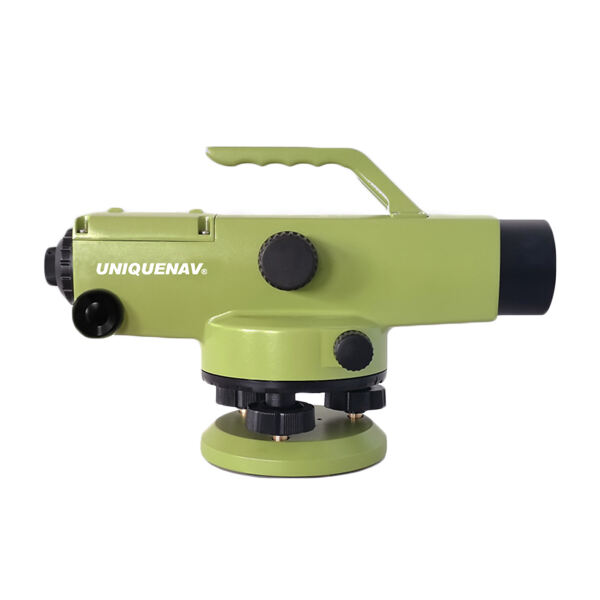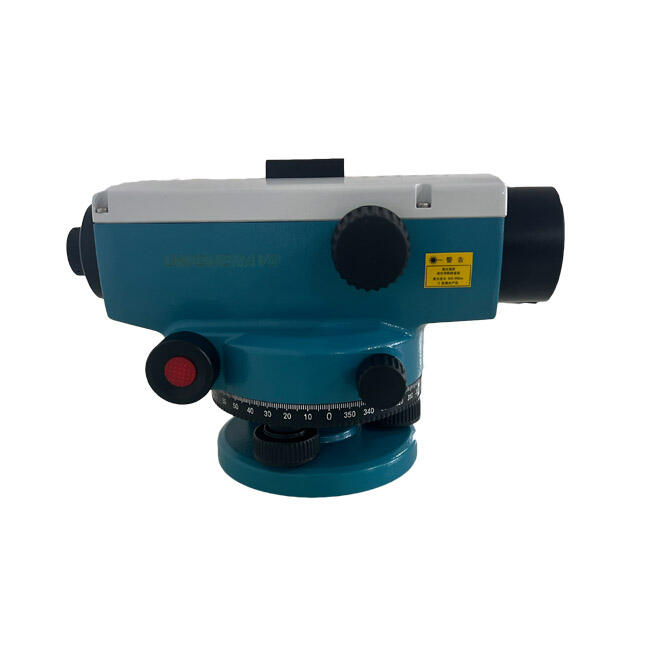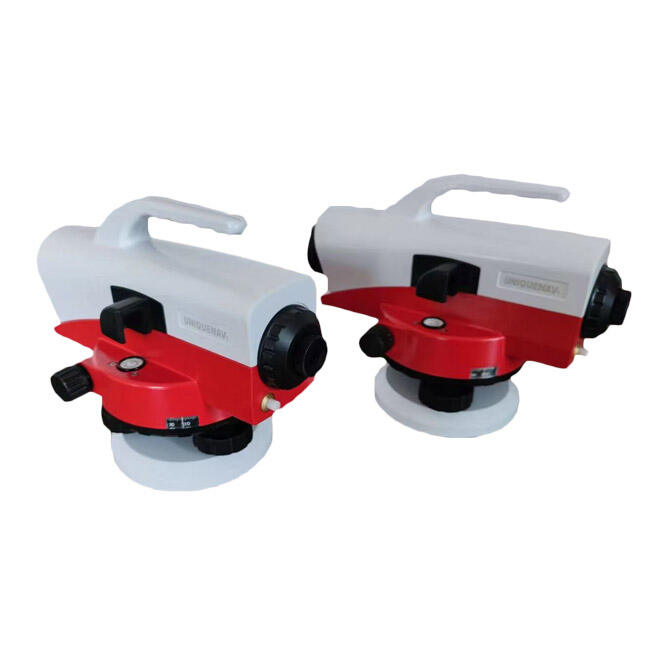auto level instrument price
Auto level instrument pricing represents a crucial consideration for surveyors, construction professionals, and engineers seeking precision measurement equipment. These sophisticated devices typically range from $300 to $3000, depending on their features, accuracy levels, and brand reputation. The pricing structure reflects various technological capabilities, including automatic self-leveling mechanisms, magnification power ranging from 20x to 32x, and weatherproof construction. Modern auto levels incorporate advanced features such as compensator systems that maintain accuracy even in challenging conditions, water-resistant housing for durability, and precise measuring capabilities with standard deviations of 1-2mm per kilometer of double-run leveling. The price points often correlate with the instrument's build quality, optical clarity, and additional features like stadia lines for distance measurements and horizontal circle readings. Entry-level models, while more affordable, still maintain essential functions for basic surveying tasks, while premium-priced instruments offer enhanced durability, superior optical quality, and extended warranty coverage. The investment consideration should account for the instrument's intended application, frequency of use, and the required accuracy levels for specific projects.


